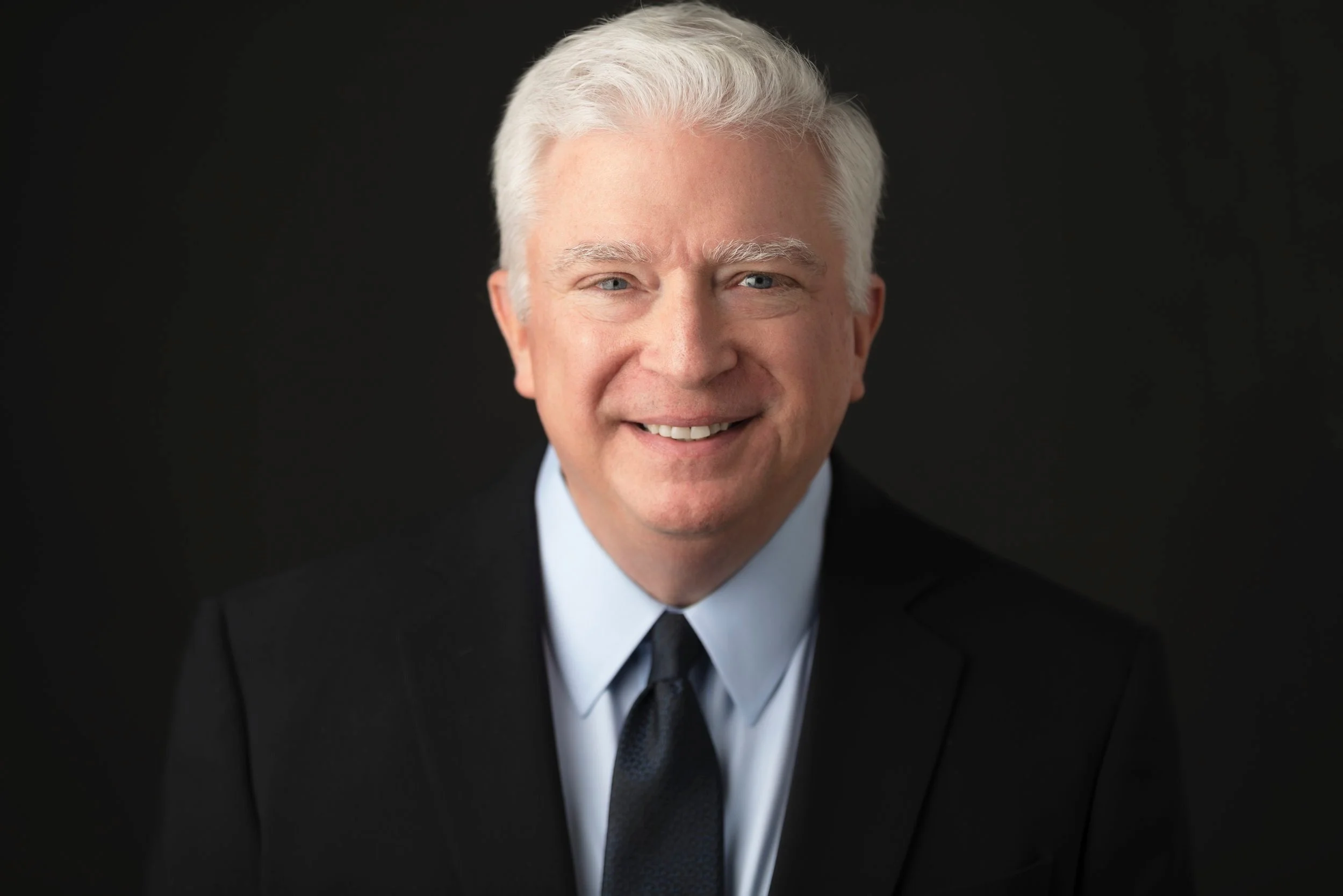WHAT SHOULD BE MADE OF THURSDAY'S Presidential DEBATE?
✍︎ ✍︎ ✍︎
Featuring guest blogger, Harrison Hickman, President & Founder of Hickman Analytics, Inc.
What should be made of Thursday’s debate between Joe Biden and Donald Trump, the likely Presidential nominees of the two major political parties and the first debate ever between participants who have served as President?
Yes, there were memorable moments. Yes, both sides pointed to “scores” made by their favorite and “errors” made by their opponent. Yes, both sides declared their candidate the winner. Yes, almost every pundit proclaimed Biden the loser if not Trump the winner. The editorial board of the New York Times went so far as to call on Biden to discontinue his re-election campaign as a result of his performance. But in the grand scheme of things, what difference will this one debate make in terms of who will be our next President?
It’s a question worth asking because the build up to Presidential debates almost always exaggerates the impact the events have on the outcome of the election. Even before Thursday and the hyperbolic analysis that followed, several factors suggest the debates this year may have more impact than usual. (Another, if you can stand it, is scheduled for September 10.)
First, all signs continue to point to a close election in the popular vote and in the Electoral College. As a result, anything and everything can be decisive. In a close election, even the smallest movement can tilt the balance toward or away from a candidate. When voters think elections are close, they correctly believe that there is a higher chance that their individual vote might be meaningful.
Second, while debates usually confirm what voters think about the candidates before the debate begins, an unusually large number of voters do not like either candidate and/or have significant doubts about the advisability of either candidate serving as President. These “double haters,” as they are known, seem likely to determine the election. In the coming weeks, we’ll have a better sense of whether these potentially decisive voters found evidence to help them resolve or confirm their doubts about Biden’s physical vigor, level of engagement, and cognitive ability and/or their doubts about Trump’s ethical compass, motivations, and affinity for the truth. Early evidence suggests these doubts were not resolved, and the number of double haters may be increasing.
Third, the debate can lead more people to pay attention to the contest. The very large proportion of voters who show little if any interest in the outcome of the election is one way this campaign currently stands out. Even the most cynical observers will agree that this level of disengagement is a bad thing. While it appears that the audience watching the debate live almost certainly was among the smallest ever for a Presidential debate, most voters will be exposed to news coverage, social media posts, and conversations with others. Higher levels of media attention and public conversation tend to stimulate inattentive voters to pay more attention. One downside of this indirect learning is that the source of what voters learn will be the presentations of go-betweens rather than the voters’ direct observations.
Fourth, previous debates have helped elevate policy differences between the candidates. To this point, the focus has mainly been on differences in style (bumbling, impulsive) and in personal traits (old, crazy) rather than on their many differences on policy, differences that can more directly impact the lives of the public. By sharpening and elevating contrasts in policy positions and priorities, the debate could lead voters to more clearly appreciate how the alternative outcomes will impact their own lives.
Finally, with these ways this debate and the one scheduled for September could have more impact than usual, it is possible that they will lead to higher turnout in November. At this point, all signs point to an historically low level of participation. If debates play a role in making it clear that the election is likely to be close; in leading “double haters” to take sides; in engaging the public; and in sharpening the differences, it is almost certain that more voters will cast ballots than now intend to do so.
No matter where you stand on the politics of 2024, higher levels of voting should be seen as a good thing in our democratic republic.

